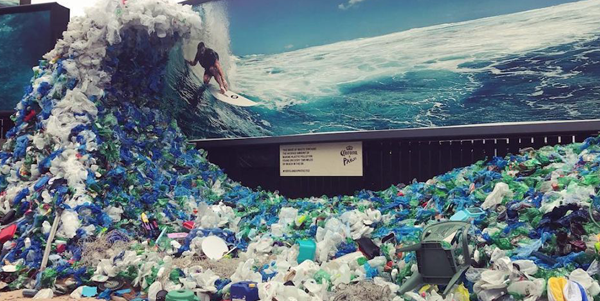Scientists at Exxon Mobil Corporation and the Georgia Institute of Technology have come up with a new kind of manufacturing plastic materials that would help chemical plants reduce 45 million tons of carbon dioxide annually. The discovery would be published in the journal Science in August 19. This would be a help to achieve proposed target that global carbon emission reduction.

But the recent invention have helped scientists to perform this using a process called reverse osmosis, which is a mechanism that involve pushing mixture through their membrane to separate the ingredient. The process of reverse osmosis is used to process desalination, which involve making water devoid of salinity. The advantage of this new process is that it takes significantly less heat and energy as compared to conventional method.The materials that have potential to reduce energy used for manufacturing plastic are carbon based filters with small holes in them. These holes help to separate important component of plastic material from overall material. This takes lots of heat and energy to perform on conventional plastic manufacturing process.
The invention offer hope for its application in plastic manufacturing industry to achieve commercialization along with reduction in carbon footprints. According to Exxon, energy consumed yearly by traditional method of plastic separation is proportionate to energy generated by around 20 power plants.
“These types of breakthroughs can make an absolute step change in the amount of energy needed to convert a raw material to a plastic”,said Vijay Swarup, vice president of research and development at ExxonMobil Research and Engineering Co., a subsidiary of the energy company.
Exxon is both big consumer as well as producer of the energy. It was ranked second in the Fortune list for 500 big global oil companies.
Website:www.norcal.news









